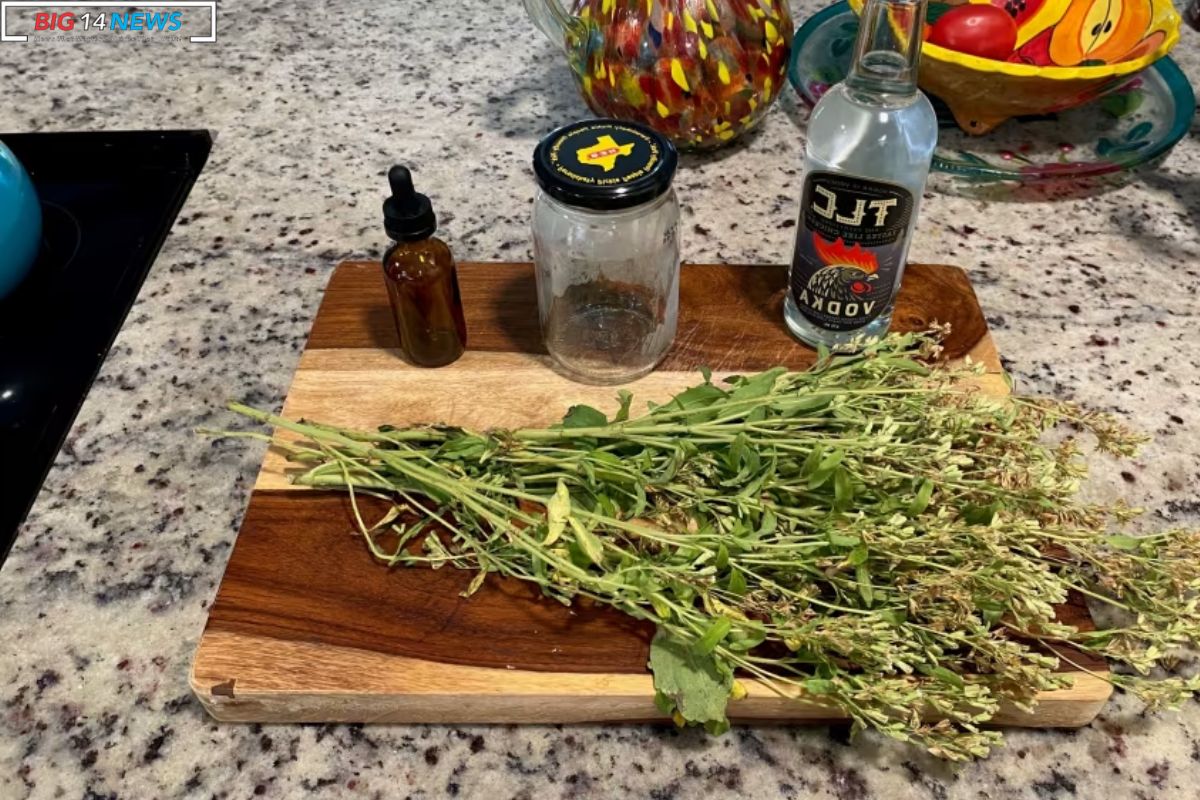Natural Sweetener Solutions: Aspartame is a sweetener in diet soda and other foods. This summer, the WHO‘s cancer office expressed concern about its potential to cause cancer. But we weren’t sure if it was safe due to conflicting information.
A recent study from UT Health San Antonio reveals that consuming one diet drink daily during pregnancy or nursing can raise autism risk in boys.
What are other ways to sweeten coffee or tea without sugar? Pure water is the top choice, but stevia, derived from plants, is also an option. Making stevia extract at home without chemicals is possible but not always the best choice.
Beware of store-bought stevia products with undisclosed ingredients. Erythritol in stevia products is linked to health issues like blood clots, strokes, and heart attacks.
The U.S. FDA approves stevia products, but not whole leaves or extract. DIY ensures cleanliness.
Here’s how to make stevia extract fast:
Don’t pick dried or dead stevia leaves; only pick live ones.
Put herbs in a jar and add vodka.
Shake the liquid occasionally while it steeps for 24-48 hours.
Pour liquid into a saucepan through the coffee filter.
Heat the extract on low for 20 minutes without boiling. Stir frequently.
Let it cool before bottling with a dropper and refrigerating.
This extract adds natural sweetness to drinks but is used in moderation to avoid adverse effects.
You can add stevia extract, made without chemicals and inspired by farming, to your daily coffee or tea. Have a great time!
ALSO READ: Vinyl Records and Coffee: A Cool Comeback Tale at Vice Versa Coffee
Our Reader’s Queries
What is the healthiest natural sweetener?
Derived from plants, stevia and monk fruit are natural sweeteners that some people claim taste similar to regular sugar. The FDA has classified these sweeteners as generally regarded as safe, indicating their safety for intended use.
What is the least harmful natural sweetener?
Consider these natural sweeteners as substitutes for regular sugar: Erythritol and Xylitol, which are low calorie sugar alcohols. Stevia, a plant leaf extract. Agave, coconut sugar, date sugar, monk fruit, fruit puree, and honey.
What are 3 natural substitutes for sugar?
Stevia, a natural sweetener, is known for its numerous health benefits. Studies indicate that stevia could potentially help prevent certain types of cancer.

